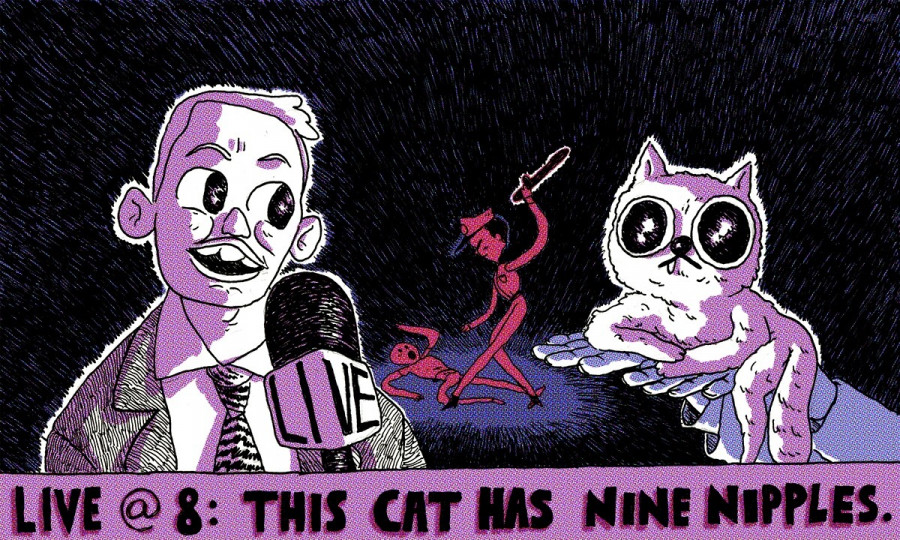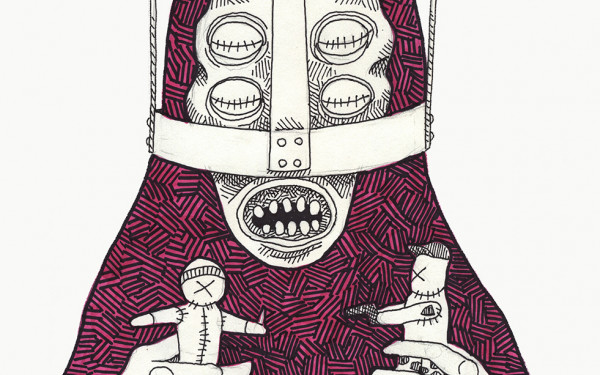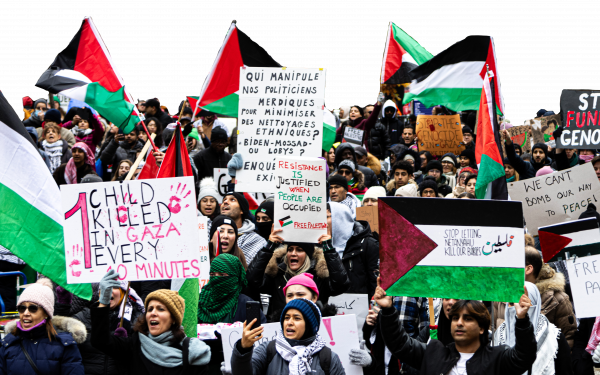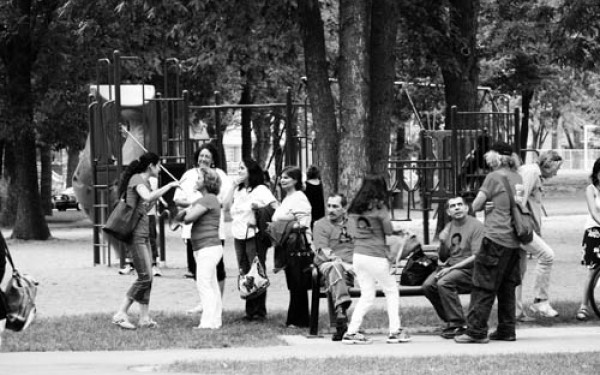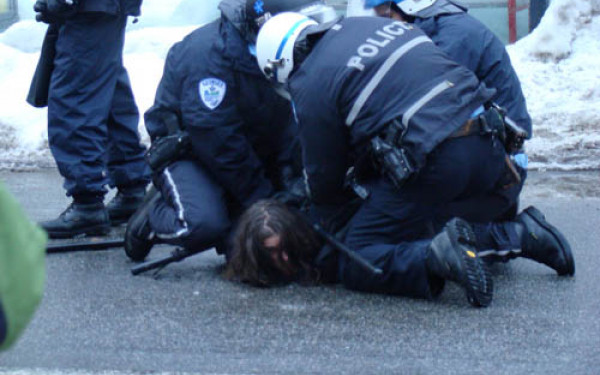Editorial: A Call for Better Reporting
Montreal has had a number of fatal police shootings in the past few years.
Most recently, the Service de Police de la Ville de Montreal shot and killed Jimmy Cloutier. Cloutier was outside of the Old Brewery Mission—of which he was a longtime client—on Jan 6.
Every media outlet will have its own approach to covering these kinds of events, but what does it mean to do that with integrity? Is it to barely scratch the surface of a story if only to churn out an article as quickly as possible? We at The Link certainly hope not.
Unfortunately, to date, this kind of shallow reporting has been the case with the CBC Montreal’s coverage of Cloutier’s death. Focused primarily on the generic information provided in statements by the police, the CBC has largely left out the voices of other people—people asking why the SPVM thought its actions were necessary.
Let’s not forget that someone just died by state-sanctioned violence.
As student journalists, we’re taught on day one that you always speak with more than one source. While we see Matthew Pearce’s comments, the Old Brewery Mission’s president and CEO, sprinkled throughout the CBC’s coverage, we also see a lack of in-depth reporting on the CBC’s part that has serious repercussions.
In leaving out Pearce’s assertions that the SPVM have abused their power, the CBC ignores an important discussion around the use of lethal force.
The Montreal Gazette and CTV, on the other hand, gave Pearce equal space in their stories and allowed his voice to be heard. His critiques, and others like it, are the media’s only means of holding the police accountable for their actions.
But it’s not enough. As Canada’s national news source, the CBC sets the bar for news coverage throughout the country. Moreover, it’s the role model that incoming reporters will look to for example. If the CBC won’t acknowledge the voices of those questioning the authorities, who will?
It has become the status quo for mainstream media to solely rely on the justice system to feed them their sources. After all, it’s easier to say that the facts have been “verified” when the standard is to just to take the SPVM’s statement and run with it than it is to dig deeper.
But as journalists, it’s our job to question everything that is being said, even if those statements come from a reputable source.
We know that we can do better because we have done so before. In 2012, the shooting of a homeless man named Farshad Mohammadi by Montreal police was captured by an STM surveillance camera at Bonaventure Metro. Instead of only taking the police’s account of the event, the Montreal Gazette followed up with the story by demanding to see the footage through an access to information request to the Société de Transport de Montreal.
We understand the pressure to publish the story as quickly as possible, but we also know that doing so often leads to one-sided reporting. If there is another side to a story, it is our job to give it fair representation. In this regard, the CBC has failed.
It has become increasingly difficult to get funding for investigative reporting, we know. For instance, in 2014, the CBC let 657 employees go, including three journalists and one producer on their French language investigative show Enquête, amounting to one fifth of its staff.
This is the very same show that uncovered the alleged abuse of Indigenous women by Sûreté du Québec officers. Their reporting led to the subsequent public inquiry into the matter by the Quebec government. This is all to say that investigative reporting makes can and does make a significant difference.
But even in an era of job loss and limited resources, we have to adapt. Otherwise, we run the risk of letting stories like the death of Cloutier disappear from headlines in the blink of an eye and normalizing police shootings.
It’s the role of the press to hold those in power accountable for their actions. In a case such as Cloutier’s, in which Pearce is calling for the SPVM to review its protocol, it’s of utmost importance that his voice is heard as loudly as that of the police spokesperson’s.
If this cannot be done in the first reports, it’s a journalist’s duty to follow up in the subsequent days, weeks and months. It’s our job to keep asking these questions until we get answers.
And if we’re determined, the answers we uncover could incite change.

